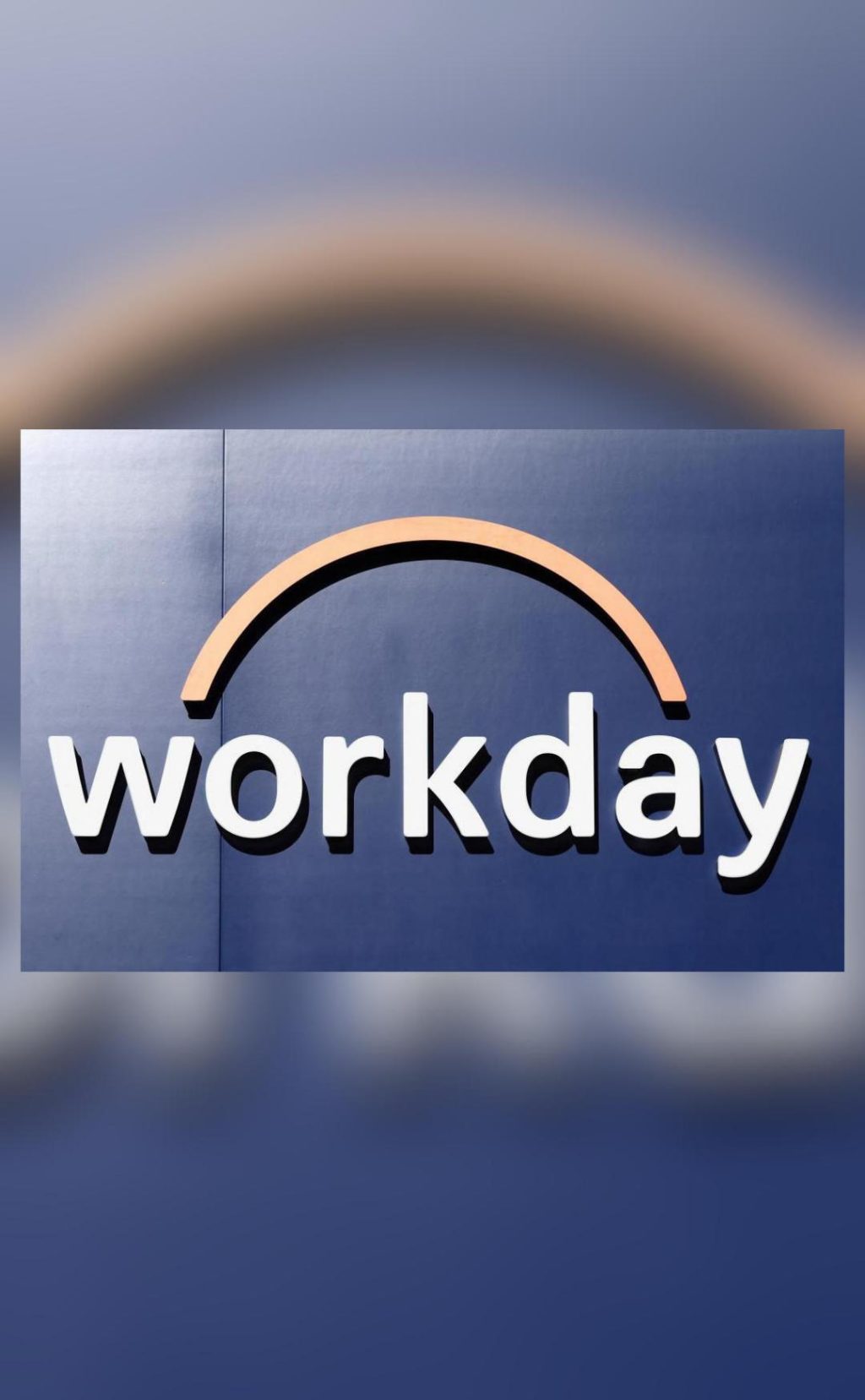
Title: Man sends resumes to 100s of firms, gets rejections within 1 hour; sues recruiting platform
In today’s digital age, job hunting has become a daunting task, especially with the rise of applicant tracking systems (ATS) and automated hiring processes. A US-based IT professional, Derek Mobley, has taken a stand against one such system, suing Workday, the company behind the ATS used by many companies he applied to.
Mobley’s story begins over two years ago, when he started applying to over 100 companies in the IT industry. Despite sending his resume to numerous firms, he received rejection emails or heard nothing back from the companies. What’s more alarming is that in some cases, he received rejection emails in the middle of the night or within an hour of applying.
This raised suspicions in Mobley’s mind, leading him to investigate further. He discovered that many of the companies he applied to were using Workday’s ATS, and he began to wonder if the system was biased against him. After conducting his own research, Mobley realized that he was not alone in his experience. Many other job seekers had reported similar issues with Workday’s ATS, including rapid rejection emails and lack of responses from companies.
Mobley’s lawsuit against Workday claims that the ATS used by the company is discriminatory and biased against certain job seekers. He alleges that the system uses algorithms that prioritize certain candidates over others, based on factors such as name, education, and work experience. This, he claims, has resulted in him being unfairly rejected by companies that use Workday’s ATS.
The lawsuit also argues that Workday’s ATS does not provide adequate feedback to job seekers, making it difficult for them to improve their application materials and increase their chances of getting hired. Mobley claims that he has lost countless hours and opportunities due to the lack of transparency and feedback from Workday’s ATS.
The case has sparked a heated debate about the role of ATS in the hiring process. Proponents of ATS argue that the systems help streamline the hiring process, reducing the time and effort required to review and shortlist candidates. However, critics argue that these systems can be biased and unfair, disproportionately affecting certain groups of job seekers.
The issue of bias in ATS is not new, and many experts have raised concerns about the potential for discrimination. A study by the National Science Foundation found that ATS algorithms can be biased against women and minorities, leading to a lack of diversity in the workplace. Another study by the Harvard Business Review found that ATS can prioritize candidates with certain education and work experience, potentially excluding qualified candidates who do not fit the algorithm’s criteria.
Mobley’s lawsuit against Workday is a wake-up call for companies that use ATS to screen and select candidates. It highlights the need for greater transparency and accountability in the hiring process, as well as the importance of ensuring that ATS algorithms are fair and unbiased.
In conclusion, the story of Derek Mobley serves as a reminder of the importance of fairness and equality in the hiring process. As technology continues to play a larger role in the job market, it is crucial that we ensure that these systems are designed and implemented in a way that is fair and inclusive. Only then can we create a more diverse and equitable workforce.






